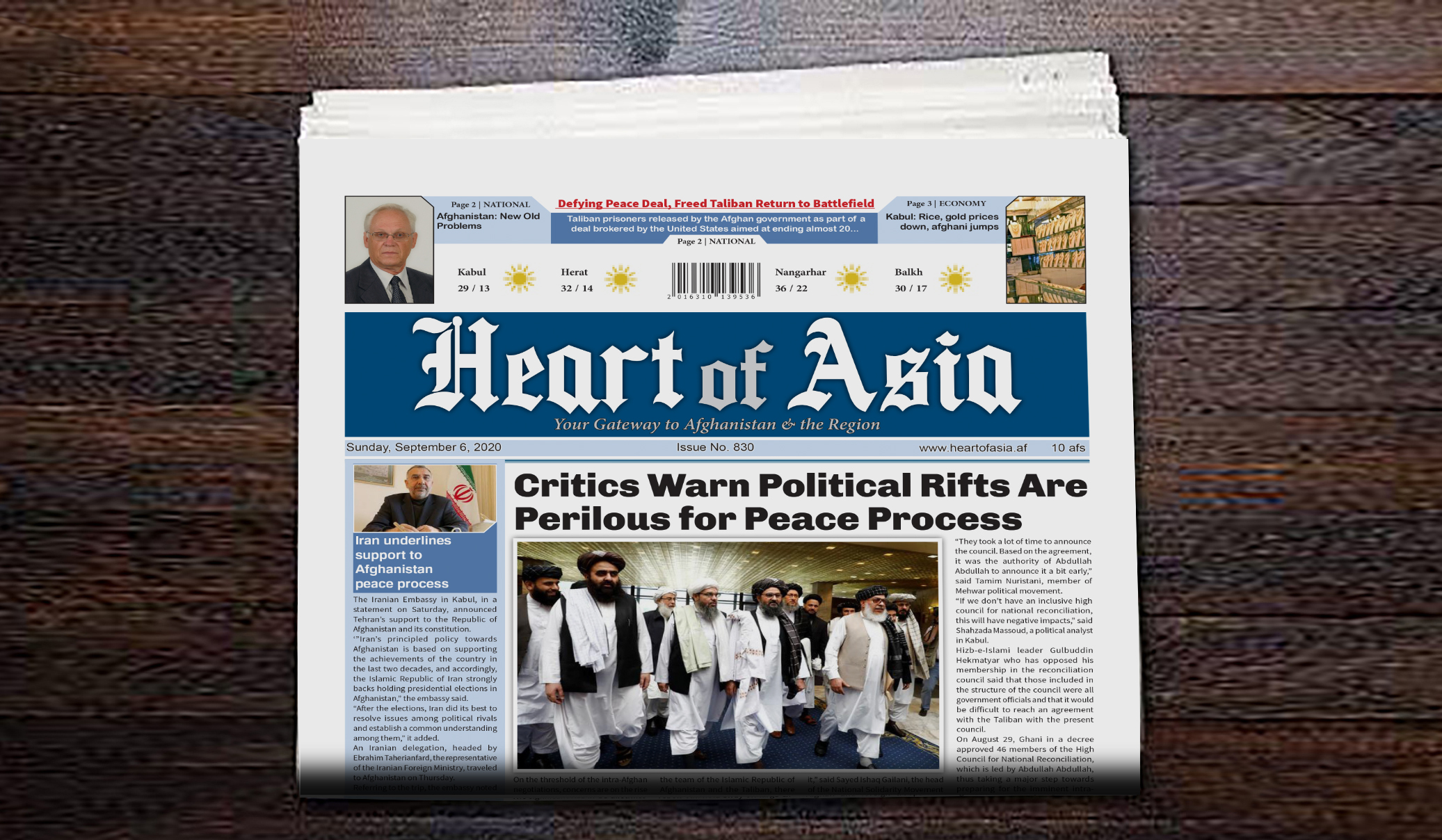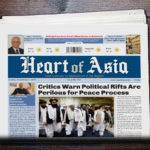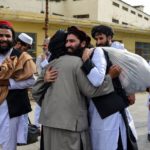On the threshold of the intra-Afghan negotiations, concerns are on the rise among politicians over the political disagreements between President Ashraf Ghani and Abdullah Abdullah, the head of High Council for National Reconciliation on issues of national interests including their efforts to sort out the structure of the peace council.
Afghan politicians said that while the people await impatiently to see the start of the peace talks between the team of the Islamic Republic of Afghanistan and the Taliban, there isn’t a unified stance on peace within the government in Kabul.
The politicians warned that a continued disunity between Ghani and Abdullah would have severe implications for peace in the country.
“The continuation of this situation will only lead to further miseries among our people. Neither Dr. Ghani nor Dr. Abdullah will be affected from it,” said Sayed Ishaq Gailani, the head of the National Solidarity Movement of Afghanistan.
“If the government of Afghanistan continues the same path, perhaps the Taliban become the winners because they have a unifired stance and strong team,” said Iqbal Khyber, a peace activist.
Critics questioned Abdullah Abdullah for not finalizing the members of the reconciliation council.
“They took a lot of time to announce the council. Based on the agreement, it was the authority of Abdullah Abdullah to announce it a bit early,” said Tamim Nuristani, member of Mehwar political movement.
“If we don’t have an inclusive high council for national reconciliation, this will have negative impacts,” said Shahzada Massoud, a political analyst in Kabul.
Hizb-e-Islami leader Gulbuddin Hekmatyar who has opposed his membership in the reconciliation council said that those included in the structure of the council were all government officials and that it would be difficult to reach an agreement with the Taliban with the present council.
On August 29, Ghani in a decree approved 46 members of the High Council for National Reconciliation, which is led by Abdullah Abdullah, thus taking a major step towards preparing for the imminent intra-Afghan talks.
Two days later, Abdullah Abdullah, the chairman of the High Council for National Reconciliation, issued a statement and opposed Ghani’s decree officially listing members of the council, saying that according to the political agreement it is the authority of the head of the council to appoint its members.













